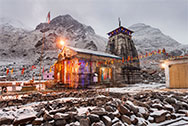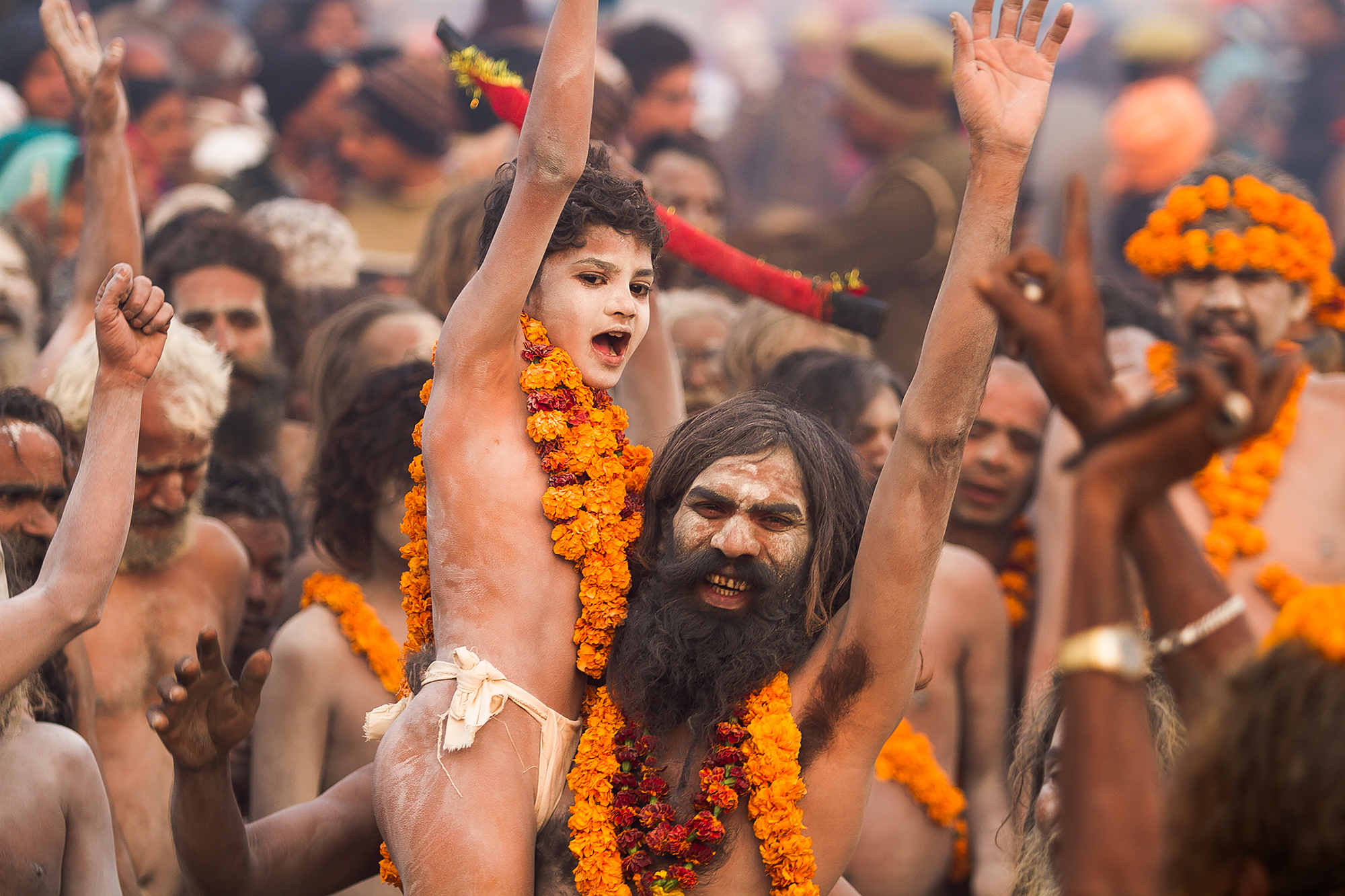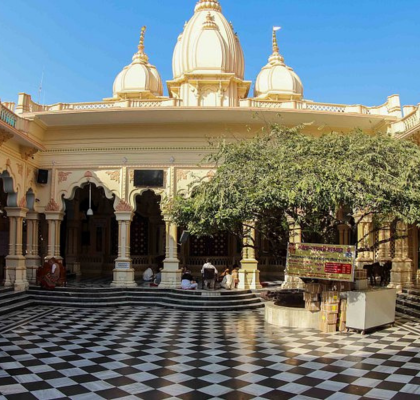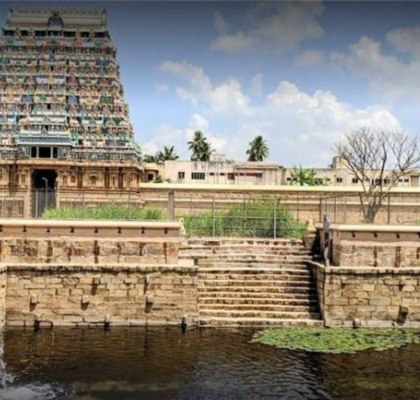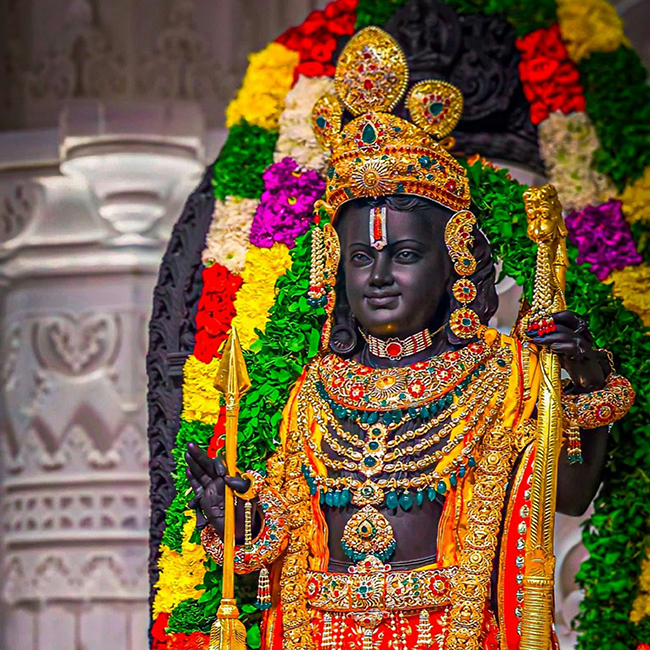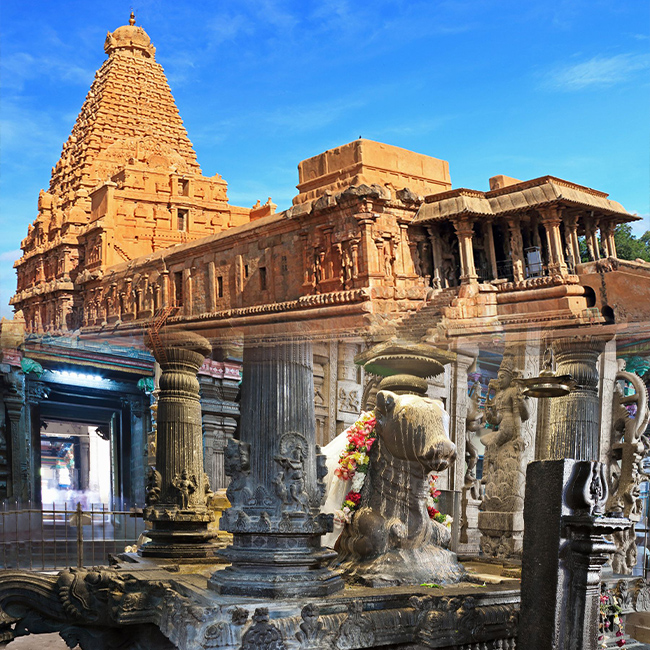

Savoring the Soul of Kerala: A Journey Through Its Traditional Vegetarian Food


23 May 2025
Savoring the Soul of Kerala: A Journey Through Its Traditional Vegetarian Food
When you think about Kerala, it isn't just about the vivid green landscapes or the calm backwaters—it is also the food. One especially memorable aspect was the vegetarian cuisine, which is firmly rooted in tradition, nature, and love. Vegetarian food is made for every household, temple, and life event. The cuisine is unpretentious and not terribly fancy, but it is made with care, and every bite feels like home.
The majority of meals in Kerala consist of rice (mostly the red variety, slightly chewy, and tastefully flavored). The accompaniment with the rice is what tends to make the food special. While the dishes may look simple, the dishes are delicious—primarily because of the fresh coconut, curry leaves, mustard seeds, and the combination of local spices.
Avial has become one of the most recognized vegetarian dishes from Kerala, but it's a celebration of vegetables. Generally, the thought of avial can summon the image of assorted pieces of carrots, raw bananas, drumsticks, and beans; cooked gently until soft, and then mixed with a nice, thick paste made of coconut, green chilies and cumin—the dish is then finished with a mound of yogurt, creating a rich, creamy texture, with just a hint of tang. And while the dish is mild, the flavor richness pairs perfectly with a mound of hot rice.
And thoran, a dry vegetable dish that is light and fresh at any occasion, nevertheless brings neck-slapping satisfaction to an otherwise simple dish. Regardless of whether it is cabbage, beetroot, or long beans, thoran is always finely chopped, cooked with grated coconut, and tempered with mustard seeds and curry leaves. Thoran is an uncomplicated dish, but it maintains a delightful crunch and sweetness.
What could be the best way to immerse yourself in Kerala's vegetarian food is through a Sadya—a feast! Sadya is served at various festivals, including Onam and Vishu. A Sadya is not simply a meal; it is an experience. A Sadya is served on a clean banana leaf, and everyone eats by hand, seated on the floor, together. There can be upwards of 20 different dishes served, all made without onions or garlic, showing how deeply correlated food can be to spirituality.
A Sadya begins with parippu (a simple lentil curry), then comes sambar (a mix of vegetables and toor dal with tamarind), followed by olan (ash gourd with coconut milk that has a light, almost sweet taste), and pachadi (a yogurt based dish usually with pineapple or cucumber). All are really different; spicy, sweet and sour, and all of them make an amazing balance.
There is no meal without payasam (Kerala's famous dessert). One type of payasam is called palada payasam, which takes rice flakes and milk, slowly cooked to a light pink thick and creamy rice dessert. There is also parippu payasam (made with moong dal, jaggery, coconut milk), wealthy and sweet, it is the ideal dish in finishing the meal.
What is really special about the dishes of Kerala's vegetarian food, is the reverence and respect to the ingredients and the people who eat it. All food is made with locally grown and fresh produce, and cooked in a way that naturally tastes like what it is. There is a process. There is no rushing and there are no shortcuts, just patience, and tradition passed down from generation to generation.
Food is not simply an act of tasting in Kerala; it is an act of connecting. Food connects people to the land, food connects us to culture, and food connects us to other people. So, if you ever find yourself in this beautiful part of the world, do not miss the opportunity to sit down to a simple, home-cooked vegetarian meal. It is one of the truest ways to feel the soul of Kerala.
Leave a Reply
Explore by Categories
Most Viewed Blogs
Tags
State





